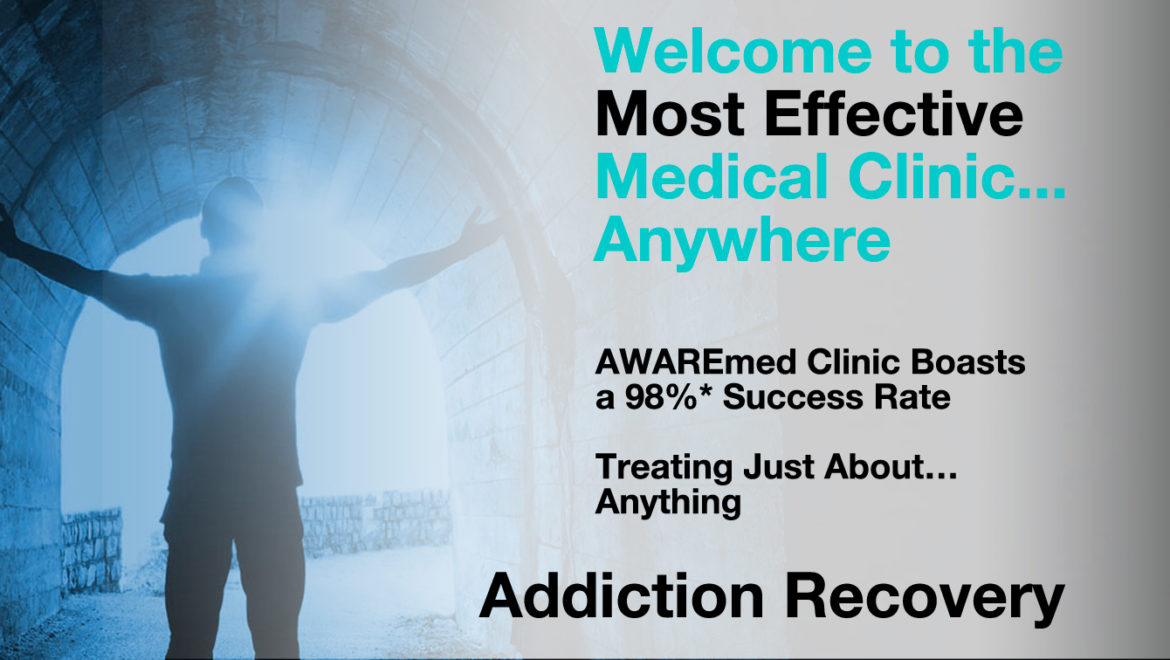Alcoholism treatment classification

Alcoholism treatment classification. By the way, did you know that alcohol kills?
Alcoholism treatment classification: Inpatient and outpatient treatment
When addressing alcohol abuse problems, it is always important that patients have their conditions evaluated professionally before deciding on the treatment approach to take. And that is where alcoholism treatment classification comes in. Experts from AWAREmed Health and Wellness Resource Center under the able leadership of doctor Dalal Akoury gives this problem two main treatment approach i.e. inpatient and outpatient.
Inpatient Treatment – this is usually a reserved for patients whose conditions of alcoholism places them in danger normally this is done in a general or psychiatric hospital or in any other facility dedicated to the treatment of alcohol and other substance abuse. Factors that indicate a need for this type of treatment include:
- Coexisting medical or psychiatric disorder
- Delirium tremens (a neurological condition associated with withdrawal that involves uncontrollable trembling, sweating, anxiety, and hallucinations or other symptoms of psychosis)
- Potential harm to self or others
- Failure to respond to conservative treatments
- Disruptive home environment
A typical inpatient regimen may include the following stages:
- A physical and psychiatric work-up for any physical or mental disorders
- Detoxification – this phase involves initiating abstinence, managing withdrawal symptoms and complications, and ensuring that the patient remains in treatment
- On-going treatment with medications in some cases
- Psychotherapy, usually cognitive behavioral therapy
- An introduction to AA
Some studies have established better success rates with inpatient treatment of patients with alcoholism. However, resent studies strongly suggest that alcoholism can be effectively treated in outpatient settings as opposed to the inpatient.
Alcoholism treatment classification: Outpatient Treatment
People with mild-to-moderate withdrawal symptoms are usually treated as outpatients. Basically, treatments methods are similar to those in inpatient situations and may include:
- Psychotherapy or counseling
- Medications that target brain chemicals involved in addiction
- Social support groups such as AA
- Cognitive therapies
- Involvement of family and other significant people in patient’s life
The current approach to outpatient treatment uses medical management a disease management approach that is used for chronic illnesses such as diabetes. With medical management, patients receive regular 20-minute sessions with a health care provider. The provider monitors the patient’s medical condition, medication, and alcohol consumption.
Finally, treatment of alcoholism is a process involving many stages and serious commitment to the recovery process. When an addict makes the first and most important step of seeking help the journey will be a long one and a difficult one for that matter. Like indicated earlier treatment process may be complicated and fall back or relapsing may be the order of the day. But in all this, you must take courage because you have chosen a worthy course for your life and that of people around you. Seeking for professional help along the way would be a good idea and calling Akoury is a must do a thing for the commencement of your recovery process. Alternatively, you may visit AWAREmed Health and Wellness Resource Center to have a direct contact with doctor Dalal Akoury who is a medical doctor of over two decades of practice.
Remember that doctor Akoury has been helping many people overcome their addiction problems across the state and the world over in the most natural and efficient way. Your addiction condition will be professionally handled in her care while focusing on Neuroendocrine Restoration (NER) to reinstate normality through the realization of the oneness of Spirit, Mind, and Body, Unifying the threesome into ONE and you will have your life back and live it to the fullest.
Alcoholism treatment classification: Inpatient and outpatient treatment







